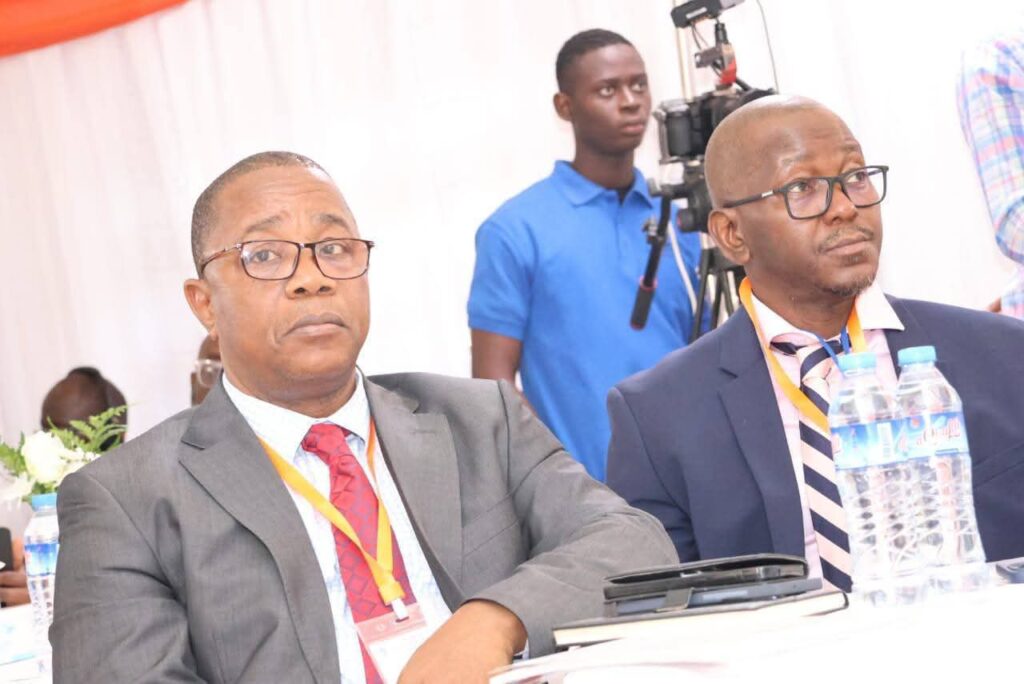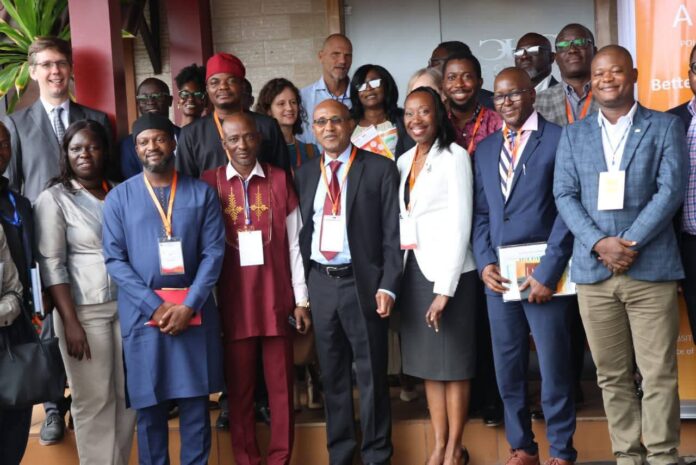Monrovia, Liberia- The World Bank has officially launched its 2025 Africa Country Policy and Institutional Assessment (CPIA) report, revealing that Liberia achieved a CPIA score of 3.1, an improvement of 0.1 points from the previous year.
The report, released on Thursday, July 10, in Monrovia, evaluates the policy and institutional performance of African countries eligible for International Development Association (IDA) assistance.
Although labeled as the 2025 edition, the assessment covers developments from January to December 2024, focusing on reforms that supported effective public service delivery across the region. According to the World Bank’s CPIA 2025 report, Liberia’s monetary policy remained tight throughout 2024.
The Central Bank maintained a high policy rate, resulting in elevated real interest rates, while inflation declined to single-digit levels—a development the Bank described as a “notable macroeconomic achievement.”
The report highlights “strong progress” in expanding financial inclusion, particularly through the growing use of mobile money platforms. Liberia is also in the process of establishing a modern credit registry, which is expected to improve credit access and transparency.
The Liberia Revenue Authority (LRA) received praise for strengthening tax administration systems through the implementation of the Integrated Tax Administration System (ITAS) and the Automated System for Customs Data (ASYCUDA).
These improvements contributed to greater efficiency and increased revenue collection. However, the report emphasizes the need for broader ITAS adoption, improved customs processes, and stronger compliance enforcement.
The report states that Liberia’s highest scoring cluster was Economic Management, while its lowest performance was in Public Sector Management and Institutions.
Officially presenting the 2025 Africa CPIA Report, the World Bank’s Chief Economist for Africa, Andrew Dabalen, emphasized the importance of effective governance in building public trust.
“Confidence in a government’s ability to efficiently transform public resources into essential services is fundamental to fostering a shared purpose with citizens and improving trust,” Dabalen stated.
He noted that citizens across Africa are increasingly demanding more from their leaders to help them achieve their aspirations.

“Our CPIA Africa report underscores the urgent need for transparent management of public resources and the effective delivery of quality services to address growing dissatisfaction and empower citizens to reach their full potential,” he added.
In his special remarks, Acting Minister of Finance and Development Planning, Hon. Anthony G. Myers, speaking on behalf of the Government of Liberia, thanked the World Bank for selecting Liberia as the host country for the launch of the 2025 CPIA Africa Report.
Hon. Myers described the launch as “an opportunity for self-reflection”, emphasizing the importance of using the report’s findings as a tool for growth and reform.
He also commended the inclusive approach taken in compiling the report, noting that it incorporated input from a wide range of national stakeholders.
While acknowledging that Liberia’s CPIA score was below expectations, Hon. Myers stressed that it should be seen as a call to action and an opportunity for continued improvement.
These findings, as outlined in the World Bank’s CPIA 2025 report, offer valuable guidance for Liberian policymakers, development partners, and international investors, underscoring both the country’s progress and areas requiring targeted reform.



